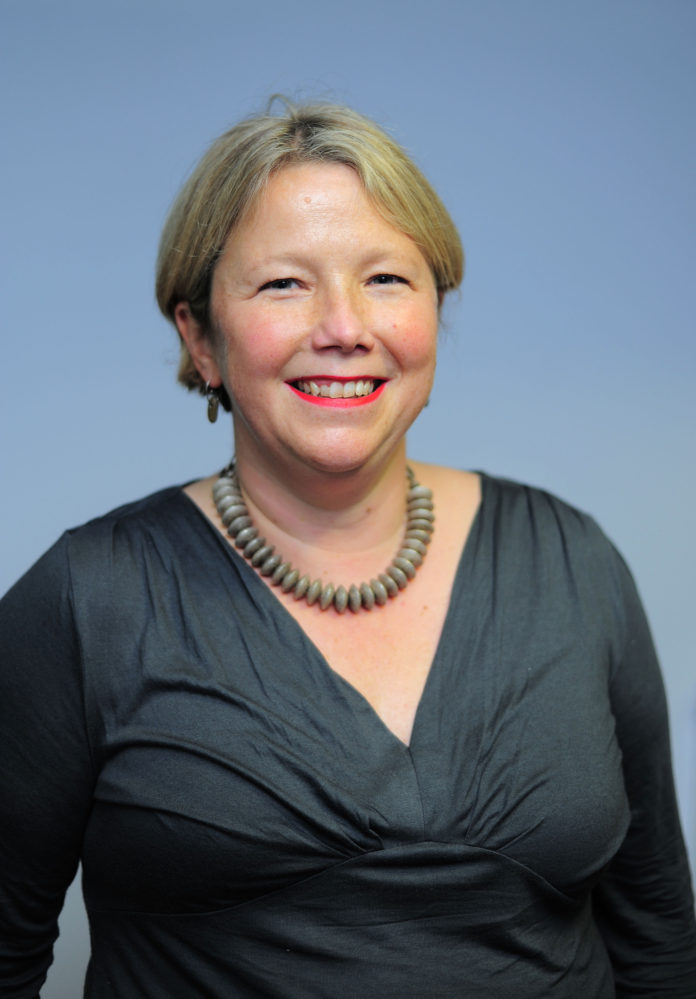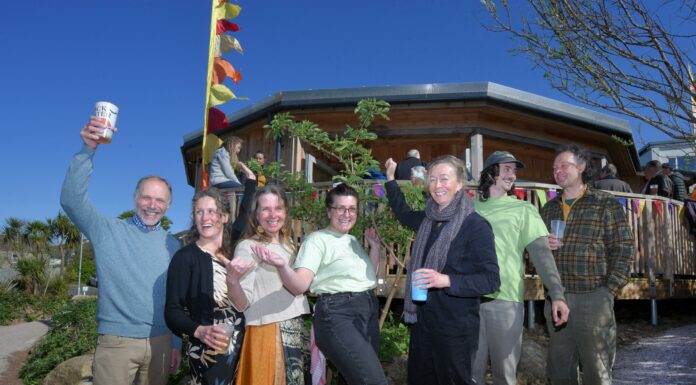With news emerging that people aged in their 40s could end up poorer in retirement than their parents, legal and financial experts from two Cornwall-based firms have joined forces to urge investors to take advice.

Experts from Coodes Solicitors and Bishop Fleming Independent Financial Advisers are advising clients that investing in property could give their pension pot a boost for the future.
According to the Institute of Fiscal Studies, pensions of people born in the 60s and 70s will be smaller than people born post-war.
But an alternative way of structuring pensions – called a Self Invested Personal Pension (SIPP) – is allowing people to invest in property in a tax efficient manner for the future. In particular, investing in commercial property is proving popular for small business owners.
Coodes’ head of commercial property, Helen Willett, said: “The scheme works by allowing the SIPP to buy a commercial property, such as an office, shop, industrial unit, hotel or farm land.
“You can also transfer different pension pots into the SIPP, which can then borrow money to buy a commercial property.
“The mortgage, if structured properly, can then be paid off through commercial rental, and once that is cleared any income is then reinvested in the SIPP to provide tax efficient growth free from tax.”
The other benefits of a SIPP include no Capital Gains Tax (CGT), meaning that if the property’s value increases no CGT is payable when the pension disposes of it.
Andrew Newcombe, chartered financial planner at Bishop Fleming, added: “SIPPs can prove to be a very tax efficient way of structuring a pension and providing an income long into retirement.
“However, we always recommend people take financial and legal advice from professionals before they make an investment decision.
“SIPPS are investments like any other, where the value and income from it could go down as well as up. The return at the end of the investment period is not guaranteed and you may get less than you originally invested.”
Sign up to receive Business Cornwall magazine on your iPad








